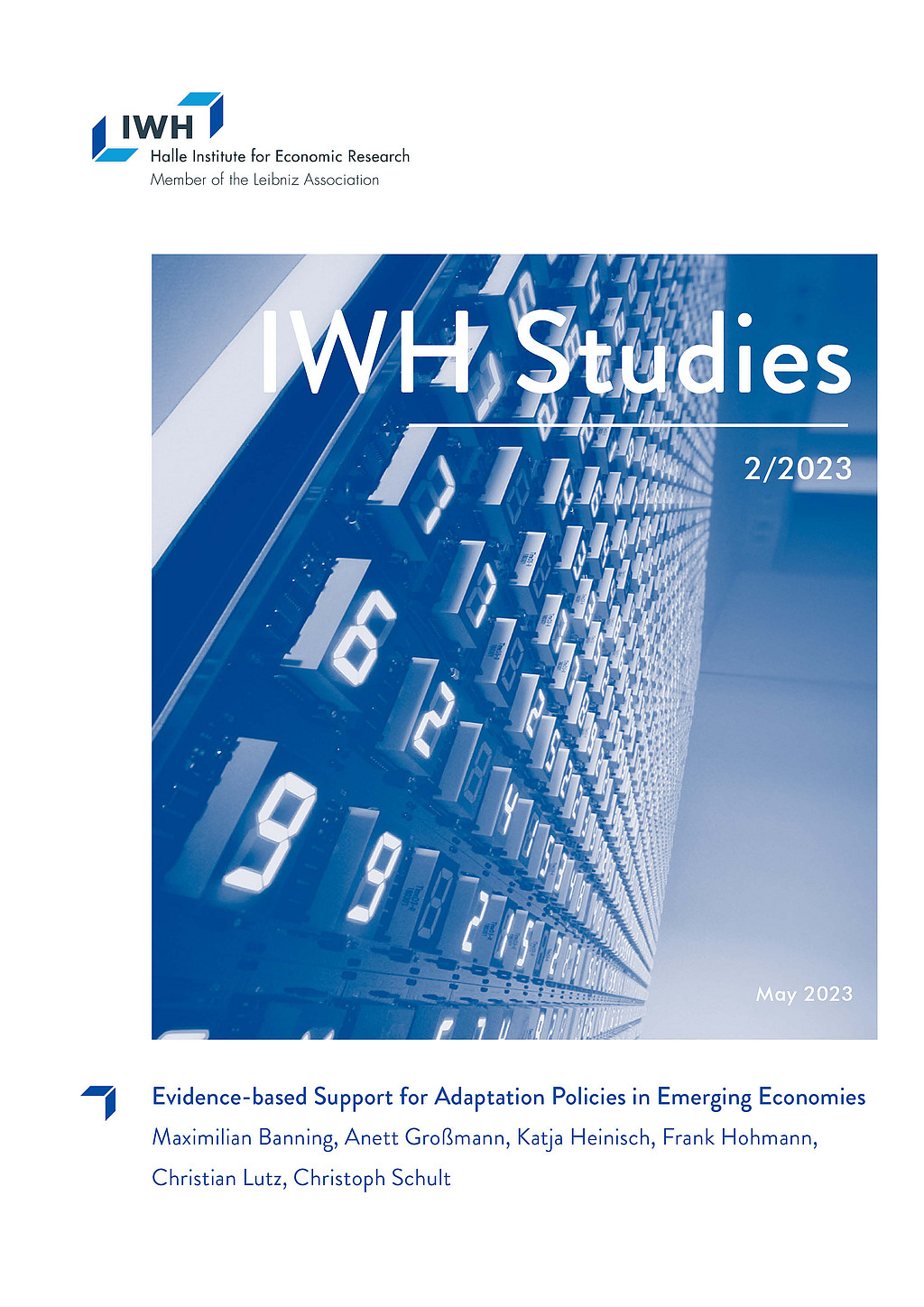
Evidence-based Support for Adaptation Policies in Emerging Economies
In recent years, the impacts of climate change become increasingly evident, both in magnitude and frequency. The design and implementation of adequate climate adaptation policies play an important role in the macroeconomic policy discourse to assess the impact of climate change on regional and sectoral economic growth. We propose different modelling approaches to quantify the socio-economic impacts of climate change and design specific adaptations in three emerging market economies (Kazakhstan, Georgia and Vietnam) which belong to the areas that are heavily exposed to climate change. A Dynamic General Equilibrium (DGE) model has been used for Vietnam and economy-energy-emission (E3) models for the other two countries. Our modelling results show how different climate hazards impact the economy up to the year 2050. Adaptation measures in particular in the agricultural sector have positive implications for the gross domestic product (GDP). However, some adaptation measures can even increase greenhouse gas emissions. In addition, the focus on GDP as the main indicator to evaluate policy measures can produce welfare-reducing policy decisions.






